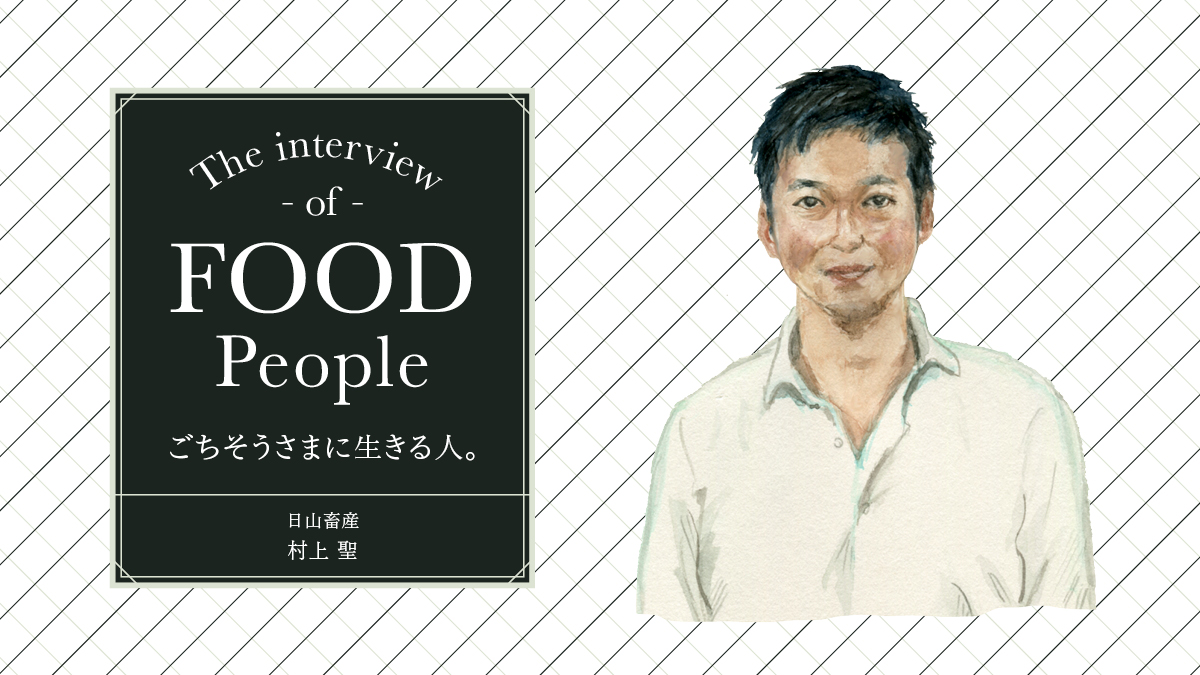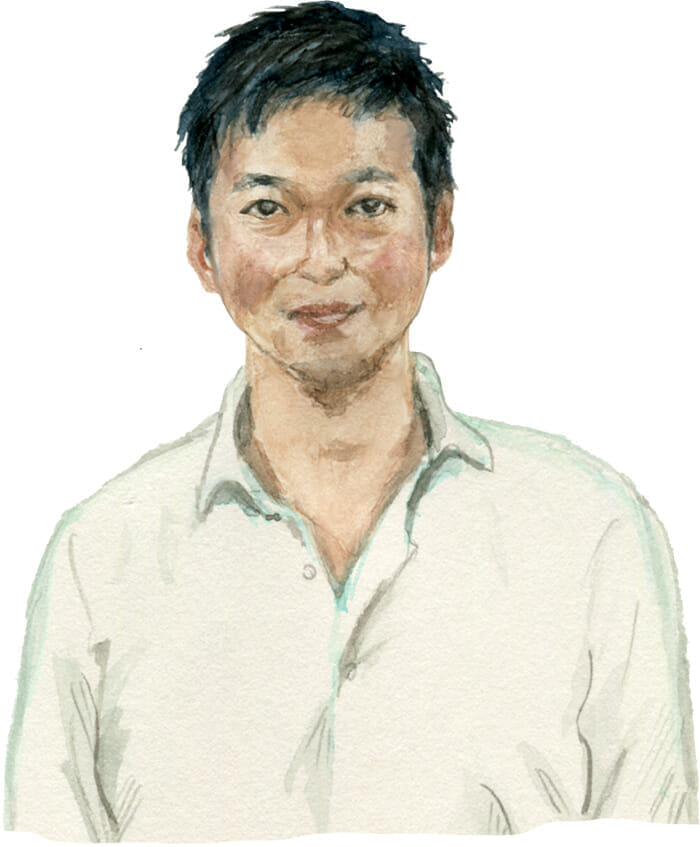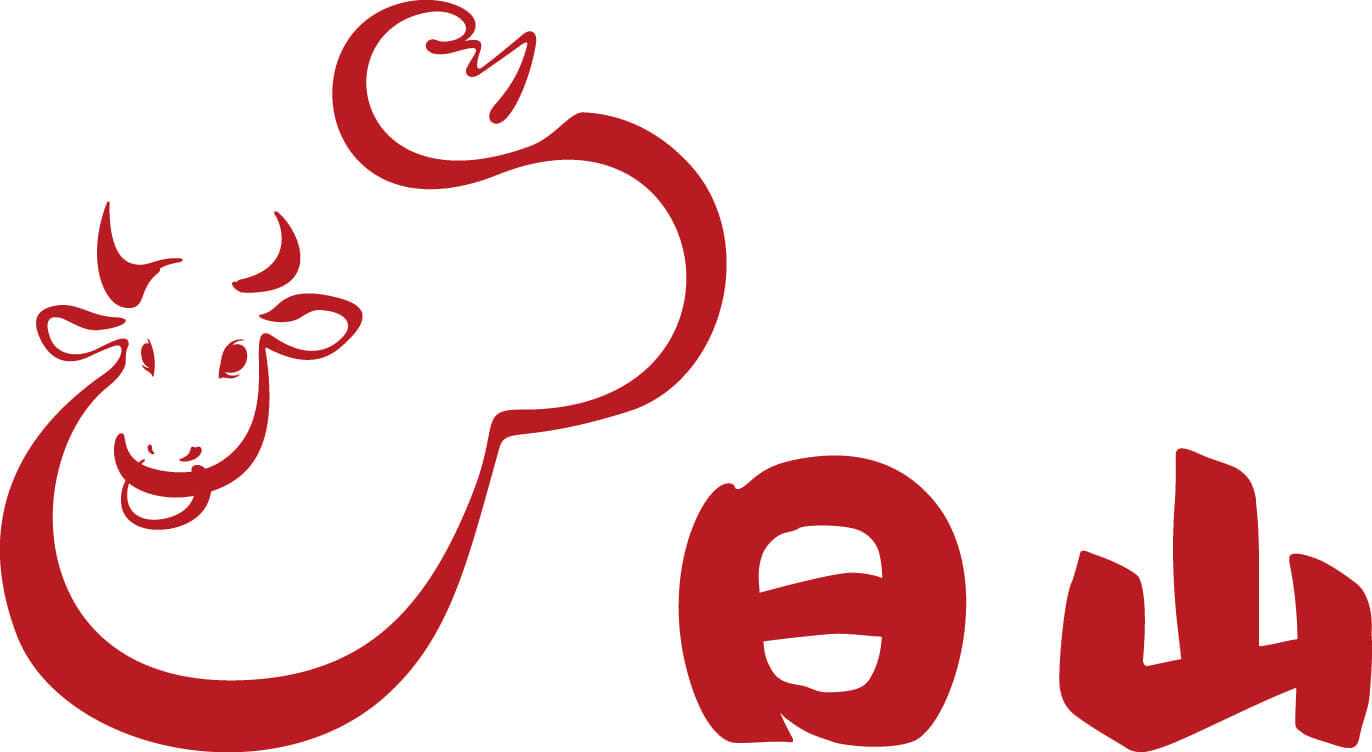
The interview of FOOD People
A person who lives for the feast. Nissan Chikusan Murakami, Sei Murakami
Japan is one of the world's leading food nations. People's interest is always high, and new restaurants are opening one after another. So what kind of people are supporting the food industry today? In this article, we focus on those who have style. It is true that some people think that simply tasting a delicious meal is enough, but just like in movies or music, knowing the story of the people who make the food and the thoughts that go into it will make the meal more complex, more enjoyable, and more flavorful. We interviewed the young president of Hiyama Chikusan, a meat wholesaler that connects livestock farmers and restaurants, who holds an MBA and advocates a new value of "taste" rather than "appearance," which is the current evaluation axis. What is his passion for advocating a new value of "taste" instead of "appearance," which is the current evaluation axis?
- Illustration_Michiko Otsuka
- Text_Aki Fujii
- Edit_Shinri Kobayashi



